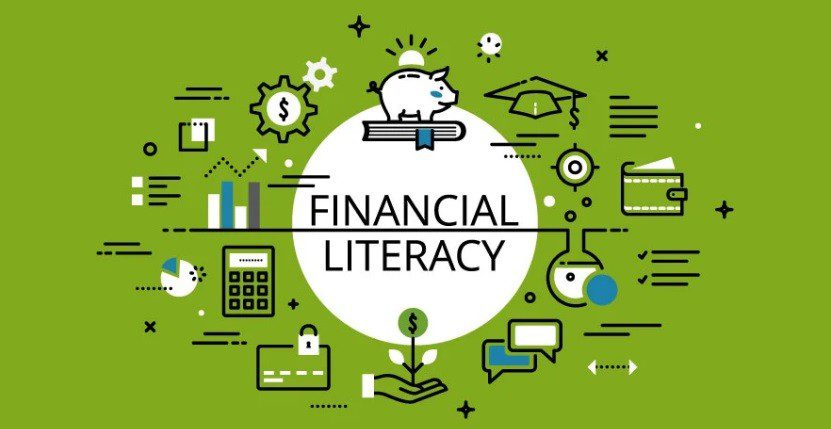How to Improve Your Financial Literacy
Don’t let apprehension about entering the financial world or the belief that you “just aren’t good with money” keep you from expanding your financial literacy?
There are resources that can assist you along the journey and tiny measures you may take:
▪ Inquire about free resources
Start by making use of any free tools that you may already have. For instance, the issuer of your credit card, bank, or credit union may monitor your spending habits on its website or mobile application.
Free credit score monitoring is also provided by a number of banks and Experian. These tools might help you gain a general understanding of where your money is going and how your credit is doing.
▪ Consult your employer
Identify any free financial counseling or employee financial wellness programs offered by the business where you work.
A financial expert may be available to you as part of your package of workplace perks, which can provide you with early insight into the areas you need to concentrate on the most (like saving, retirement, budgeting or debt reduction).
Read Also: The Beginner’s Guide to Personal Finance & How To Manage Money
▪ Research credit counseling
Credit counseling organizations, which hire counselors certified in budgeting and debt repayment strategies, are another source of professional assistance. If you have the resources, you can also think about consulting a professional financial planner as your financial advisor.
They can assist with creating financial objectives, tax planning, education and retirement savings, and debt repayment. Using directories like the XY Planning Network or the Garrett Planning Network, look for a licensed financial planner in your neighborhood or one you can communicate with online.
▪ Look for materials from reputable groups and organizations
You can learn the fundamentals of finance at your own pace from them. Some recommended businesses are:
(1) Consumer Financial Protection Bureau
This federal organization offers a variety of online consumer tools, including instructions on how to approach important financial decisions like paying for college and obtaining an auto loan.
(2) Financial Planning Association
This professional membership group for financial planners publishes materials with useful information on numerous life events and complex financial matters, such divorce and estate planning.
Read Also: The Importance of Channels of Distribution and Selecting an Appropriate Channel
(3) The National Foundation for Credit Counseling (NFCC)
Locally and online credit counseling is provided by member organizations of the NFCC, and the NFCC website offers free planning resources and retirement calculators that can assist with your budget and planning.
In conclusion: your dedication to financial literacy will ultimately lead to enhanced self-confidence, which is the best result. When you have the information necessary to make wise choices, you can feel confident that you won’t have to take on excessive debt or risky investments.
From there, you can develop and work toward financial objectives that will most effectively support your desire for a happy life.




